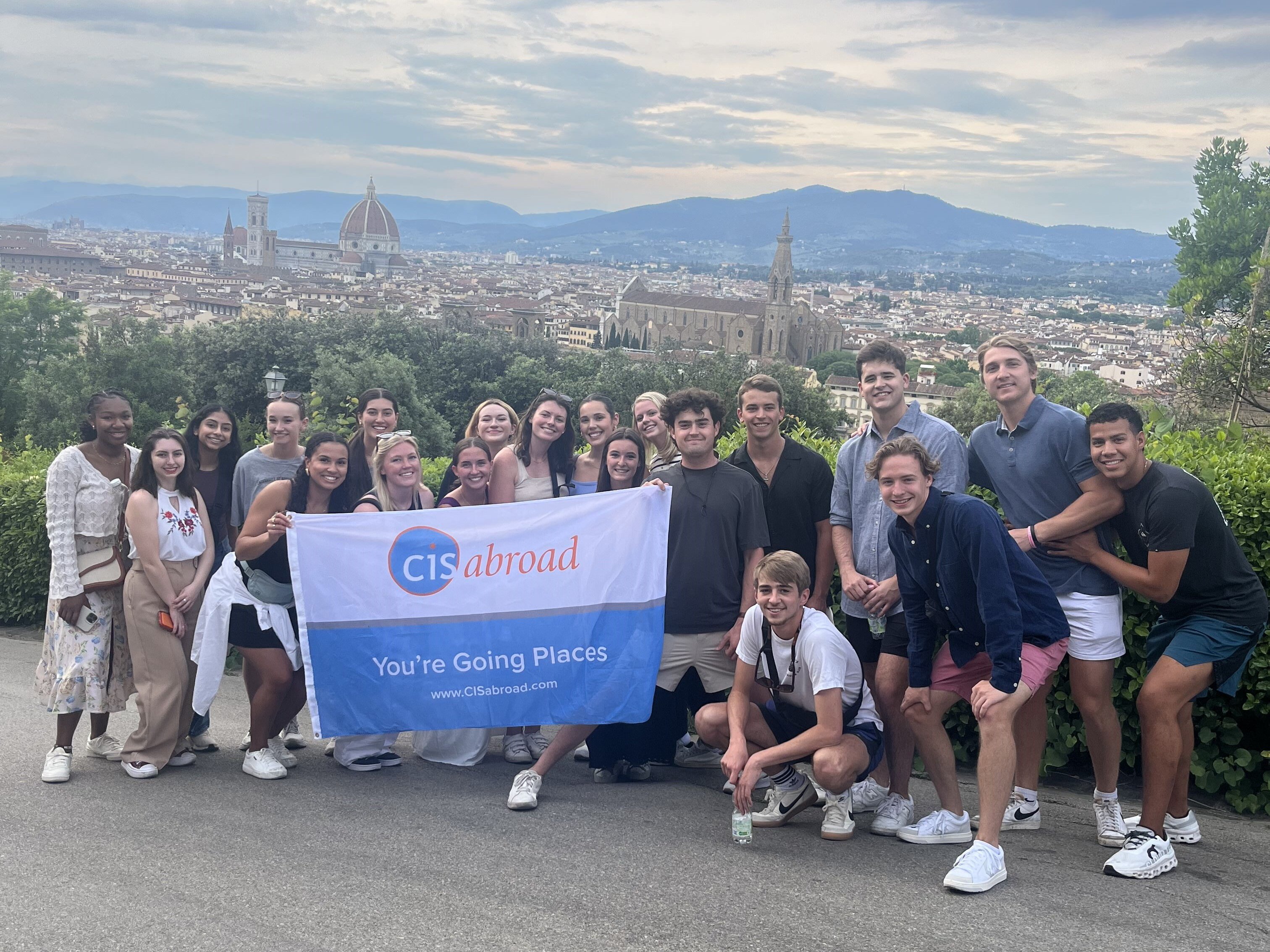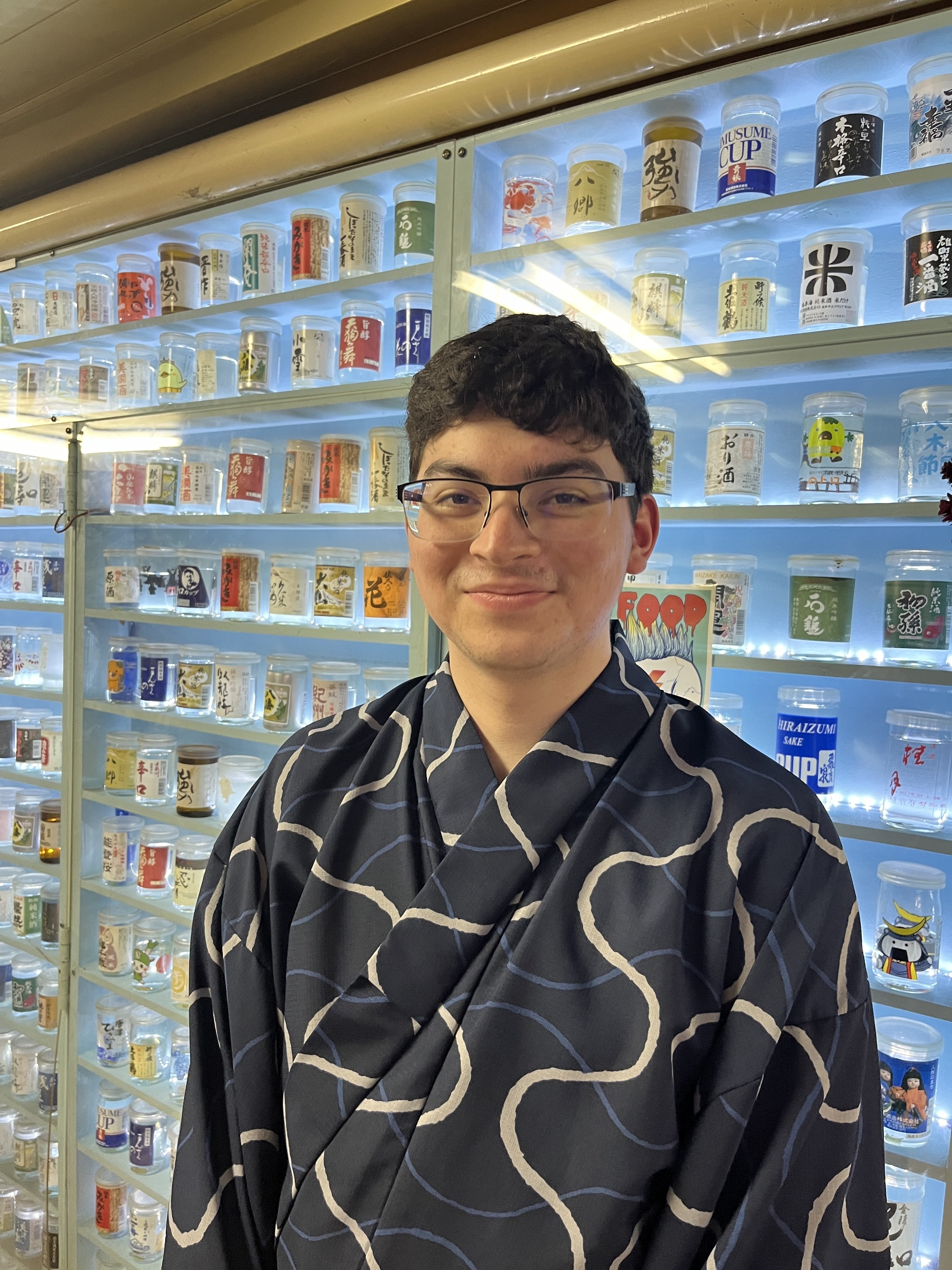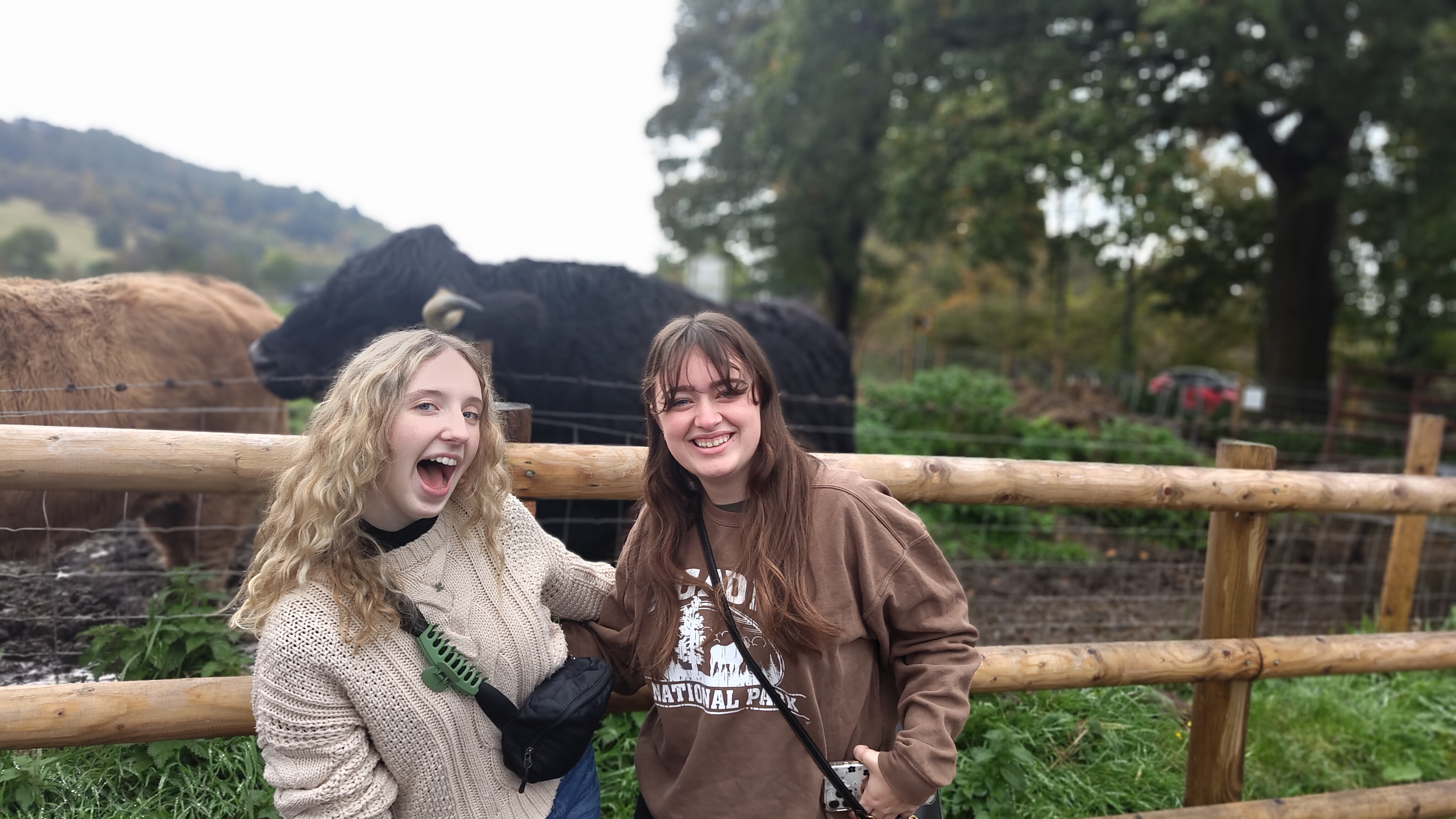While living and studying abroad is often a milestone of personal independence for many young people, it can bring concerns along with it for students and their families. If you’re currently planning your experience abroad, you might be wondering: will I be safe living in a foreign country on my own, for weeks or even months at a time? The truth is that all CIS Abroad locations are safe places to live in that often host large numbers of foreign students every year with no issue. However, no matter where you are in the world, it is possible to be taken advantage of by bad actors.
However, you shouldn’t let this deter you from pursuing study abroad! During my own semester abroad in Rome during Spring 2024, and then my time interning with CIS Abroad, I’ve been able to travel throughout Italy and even Europe without experiencing any theft or other petty crime. Whether traveling solo or in a small group, I’ve been able to keep myself safe by using common sense and following advice from my study abroad coordinators or my CIS Abroad site directors. Below, I’ve compiled a list of the most helpful info I’ve relied on to stay safe during my time abroad.
Avoiding pickpocketing
Pickpocketing is one of the most common petty crimes that study abroad students — as well as tourists — experience during their time away from home. It can happen in any place around the world, but is especially common in highly touristed areas where large crowds gather. Here are some tips:
Store your valuables carefully. Your wallet, phone, and money should NEVER be placed in your back pocket. When getting on public transportation, be sure to hold your bags in front of you — if you have a backpack, wear it backwards so the pack itself is at your front. Pickpockets often strike during moments of movement and confusion, such as embarking and disembarking a bus or subway. Remain especially vigilant during these times.
Tip: When you are in your program location, don’t carry your passport on a daily basis, as they are highly valuable to thieves. Carry a photocopy of the main passport page instead along with your U.S. driving license.
Conceal expensive items such as jewelry or bags, or leave them at home. Wearing these items around busy areas could make you a more likely target for theft. Try to keep a low profile at all times when sightseeing.
If you suspect you’ve been stolen from, don’t follow the thief and do not engage in a fight. Pickpockets and other petty criminals often travel together in groups, meaning that a direct confrontation could quickly become dangerous. Instead, call the police and notify your CIS Abroad on-site staff, who can assist you with filing a police report. Be sure to come prepared with as much information as possible: exactly where you were, what was taken, etc.
Ensuring Safety in Social Settings
It is completely normal to want to unwind after your classes and other responsibilities by spending a night out with your new friends! Some cities like Florence that are particularly popular with Americans, there are a lot of bars and nightclubs (“discotecas”) that cater specifically to Americans studying abroad, which often means that they’ll be unreasonably priced and predatory when it comes to service. Take the advice of your on-site staff and always avoid any locations you're told to stay away from.
Read the Google or Tripadvisor reviews for nightclubs before planning a visit. I’ve decided to turn down invitations to nightclubs before after looking them up online and seeing a great number of reviews that report terrible service, shady behavior from staff, and generally unsafe conditions. Looking up reviews takes only a minute or two and can very quickly lead to changed minds once you see what other students have experienced.
Go out in a group and make sure everyone keeps track of each other’s whereabouts. That means never letting someone split off from the group to leave with someone you don’t know, walk home alone, or even just leave your sight for too long. Text to confirm that your friends have made it back to their housing safely before you turn in for the night.
Exercise caution around alcohol. I studied abroad in Italy, where public intoxication is taboo. If you attempt to reach out to someone on the street for directions or help, they will likely keep their distance from people who seem inebriated in any way. Thieves will also specifically target students (even if they travel in small groups) if they are calling attention to themselves and out in the streets after around 1am. Drink in moderation, and always try to avoid being out on the streets too late, as a vast majority of incidents take place between the hours of 1am and 5am.
Hostel smarts
Staying in a hostel while traveling independently is a great way to save money and meet other young travelers! However, since you won’t have your own room and bathroom like in a hotel, you’ll have to be a bit more conscious of your belongings to ensure they’re secure. Here are some tips based on my experience traveling alone as a woman across several European countries:
If you are a woman traveling alone, or traveling with a small group of female friends, strongly consider staying in a female-only hostel room. When traveling to France and Poland on my own last March, I made sure to always book female-only hostel rooms for safety reasons. When booking your hostel, you can typically filter for these types of rooms in your search settings. Regardless of gender, if you and your friends want more privacy, you can all request to book a bed in the same room together or share the cost of a private room.
Bring your own personal lock to store your valuables. Hostels typically provide each resident with a locker to store their valuables, but you are usually expected to provide your own lock to properly secure the locker’s door. You can find a lock and key set at a hardstore store for about €10. (Hostels usually sell locks at the front desk as well, but they tend to be more expensive).
Don’t be afraid to make friends! Hostels are designed for socializing, whether that’s recounting adventures with your roommates or relaxing together in common spaces. While you obviously shouldn’t put complete trust in a person you just met, making friends at a hostel can actually help keep you safe — you’ll have someone to join you when you head out so you won’t be alone, and you can watch each other’s things while you go to the bathroom or heat up some late-night leftovers. My hostel friends and I were able to keep tabs on each other when we went out together, and we did things like accompany each other to the train station.
By following this advice, you can keep yourself safe while still making the most of your study abroad experience. The likelihood that you will be the victim of a crime while abroad is relatively rare, but by following these tips you can make your odds even better. I hope that you don’t walk away from this advice feeling afraid, but rather empowered to protect yourself and your friends while in unfamiliar surroundings! A lot of these skills and precautions will benefit you even back in the United States.
Learn more about CIS Abroad's commitment to health and safety here.
Blog by Tara Monastesse, CIS Abroad Program Support Intern
Mt. Holyoke College




